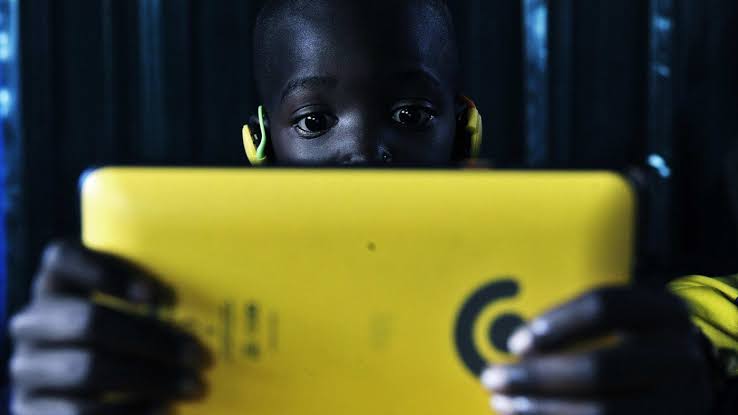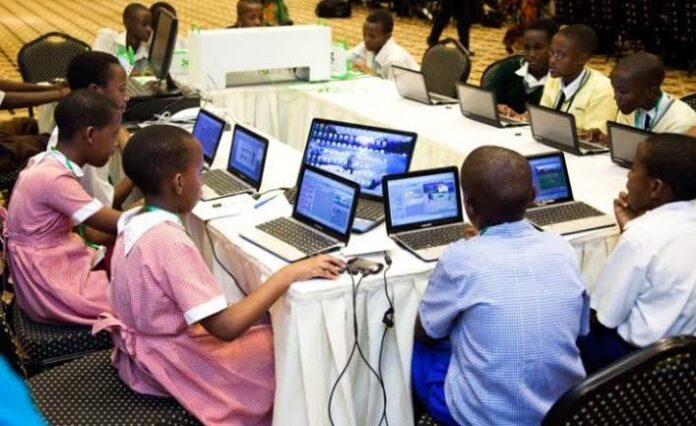In the vast and diverse continent of Africa, a quiet revolution is unfolding. It’s not a political upheaval or an economic boom but rather an education revolution that is bridging the knowledge gap and changing lives across the continent. In this comprehensive article, we’ll explore the remarkable initiatives and innovative approaches that are reshaping education in Africa. From leveraging technology to empowering local communities, these initiatives are paving the way for a brighter and more equitable future for African students.
The African Education Landscape
Africa is a continent of immense diversity, with over 2,000 languages spoken and a wide range of cultures, traditions, and economies. Amid this diversity, one common aspiration unites communities across the continent: the desire for a brighter future through education.
However, the African education landscape has long been marked by challenges. Issues such as inadequate infrastructure, teacher shortages, and insufficient learning materials have hindered access to quality education. High dropout rates and disparities in access to education, particularly for girls and children in rural areas, have been persistent problems.
Despite these challenges, there is a growing recognition of the transformative power of education. Quality education is not only a fundamental human right but also a catalyst for economic growth, social development, and political stability. The education revolution in Africa seeks to address these challenges and harness the potential of the continent’s youth.

Technology as a Catalyst
One of the most remarkable aspects of the education revolution in Africa is the role of technology as a catalyst for change. With the rapid spread of mobile phones and increased internet access, digital technology has opened up new possibilities for education. E-learning platforms, mobile apps, and online courses are bringing educational resources to remote and underserved areas.
In countries like Kenya, mobile-based learning has become a game-changer. Initiatives like the “eLimu” app provide interactive digital content tailored to the Kenyan curriculum. Students can access lessons, quizzes, and educational games directly on their smartphones, making learning more engaging and accessible.
The Rise of EdTech Startups
Fueling the education revolution are innovative EdTech startups emerging across the continent. These startups are harnessing the power of technology to address specific educational challenges. For example, Andela, a Nigerian startup, focuses on training software developers and connecting them with global tech companies, creating opportunities for African youth in the tech industry.
In South Africa, Siyavula offers free digital textbooks and online resources, making quality education materials available to all. These startups not only enhance learning but also create employment opportunities and drive economic growth.
Empowering Local Communities
While technology plays a crucial role, empowering local communities is equally essential in reshaping education. Community-based initiatives ensure that education aligns with local needs and values. Parents, teachers, and local leaders actively participate in decision-making processes, contributing to the sustainability of education reforms.
In rural Mali, the “School for Life” program collaborates with communities to establish schools, train teachers, and improve school infrastructure. By involving local communities, these initiatives create a sense of ownership and pride in the educational institutions.
Tackling Gender Disparities
Promoting girls’ education is a central focus of the education revolution. In many African countries, gender disparities persist, with girls facing barriers such as early marriage, cultural norms, and limited access to sanitary products. Initiatives like “Keep a Girl in School” in Uganda provide girls with menstrual hygiene kits, enabling them to attend school regularly.
Success stories abound, such as the “Let Girls Learn” campaign in Liberia, which has empowered girls to overcome obstacles and pursue education. These initiatives not only benefit individual girls but also contribute to gender equality and women’s empowerment in society.
Quality Education for All
Ensuring that quality education reaches marginalized communities is a core objective of the education revolution. Addressing the urban-rural education divide is a critical part of this effort. In remote areas of Ethiopia, the “Readers of Tomorrow” program deploys solar-powered mobile libraries to bring books and reading materials to schools without access to electricity.
Additionally, programs like “One Laptop per Child” in Rwanda provide students in rural areas with laptops and digital resources, leveling the playing field for all students, regardless of their geographic location.
The Role of NGOs and Nonprofits
Numerous NGOs and nonprofits are actively engaged in improving education across Africa. Organizations like Plan International and Room to Read work tirelessly to provide educational resources, build schools, and train teachers in some of the continent’s most underserved regions.
Collaborative efforts between governments, NGOs, and local communities have led to the construction of schools, the distribution of textbooks, and the training of teachers, creating a more conducive learning environment for students.
Government Initiatives and Policy Reforms
African governments are increasingly recognizing the importance of education and are implementing policy reforms to enhance the quality and accessibility of education. For example, Kenya’s government launched the “Laptop Project,” aimed at providing primary school students with laptops to support digital learning.
Moreover, the “Free Education” policy in Ghana has eliminated school fees, making education more accessible to families in need. These policy reforms reflect a commitment to ensuring that education is a right, not a privilege, for all children.

Challenges on the Road to Reform
Despite the progress, several challenges continue to hinder the full realization of the education revolution in Africa. Insufficient funding for education, teacher shortages, and inadequate infrastructure remain significant obstacles. Additionally, armed conflicts and political instability disrupt educational systems in some regions.
To overcome these challenges, stakeholders must prioritize education funding, invest in teacher training, and foster political stability conducive to learning. Innovative solutions, such as partnerships with the private sector and international organizations, can also help bridge the funding gap.
Measuring Impact and Success
As education initiatives proliferate, it becomes crucial to measure their impact and success. Metrics such as enrollment rates, literacy levels, and school completion rates provide insights into the effectiveness of education initiatives. Additionally, qualitative assessments, including stories of transformed lives through education, offer a deeper understanding of the profound impact of these initiatives.
The Future of African Education
The education revolution in Africa is a journey filled with promise and potential. As technology continues to advance and communities become more empowered, the future of education on the continent looks brighter than ever. African youth, equipped with quality education and innovative skills, are poised to drive economic growth, foster social development, and contribute to a more prosperous continent.
In celebrating the strides made in African education, we must also acknowledge the collective effort needed to sustain the education revolution. The commitment of governments, the dedication of educators, the innovation of EdTech startups, the passion of NGOs, and the resilience of local communities all play pivotal roles in shaping the future of education in Africa. The knowledge gap is narrowing, and the future is promising for millions of African students who are now equipped with the tools to reach

